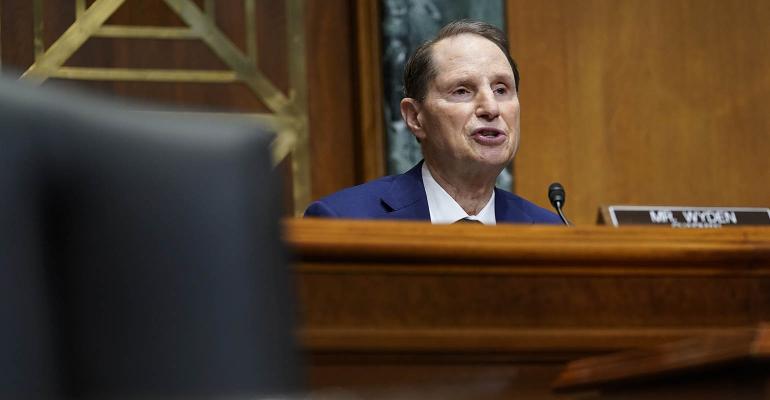While Republicans securing control of the House last November squashed Democrats’ hopes of further reforming the Tax Code during President Joe Biden’s first term, it hasn’t stopped them from proposing tax hikes. And although major tax legislation isn’t expected to advance over the next two years due to a divided government, the work that policymakers undertake this Congress will set the stage for when lawmakers will have to wrestle with tax changes after the next election when the tax cuts from the Tax Cuts and Jobs Act (TCJA) expire at the end of 2025.
Significant Proposals
One of the most significant proposals being talked about in Washington came from President Biden himself. He referred to it as a minimum tax on billionaires during his State of the Union address, despite the fact it kicks in at $100 million in household net worth. Also included in his annual budget request released earlier this month, the billionaire minimum tax proposal would impose a 25% minimum tax on an individual’s “full income,” which is defined as taxable income and unrealized capital gains. Estimates have this proposal raising around $436 billion over the next decade.
Over on Capitol Hill, Senate Finance Committee Chairman Ron Wyden (D-Ore.) is expected to again introduce his version of a wealth tax in the coming months. Wyden’s proposal, known as a “mark-to-market” bill, would create an annual system to tax the unrealized capital gains of the ultra-wealthy. His plan would hit individuals with at least $1 billion in assets or $100 million in income for three consecutive taxable years. The Penn Wharton Budget Model projected Wyden’s proposal would raise approximately $507 billion over 10 years.
Notably, both proposals have received their fair share of pushback. From the administrative obstacles they would present to valuing non-publicly traded assets to the overarching question about the constitutionality of taxing unrealized capital gains, the feasibility and legality of these wealth tax proposals remain unclear and subject to critique.
One thing that’s certain, however: There’s significant support among the public for increasing taxes on the wealthy. In polling conducted by YouGov last year, respondents signaled support for Biden’s billionaire minimum income tax plan by a margin of nearly three to one. According to Gallup, concerns about the rich not paying enough in taxes have been climbing since the 2008 financial crisis.
Political Reality and the Years Ahead
While neither President Biden’s nor Chairman Wyden’s proposal has a chance of advancing in the divided Congress, both have already demonstrated some staying power in Democratic policy circles and figure to continue making their way around Washington, given the public popularity of these types of proposals, for years to come. And the years to come are set to be active on tax.
Taken in isolation with a divided government, these wealth proposals might not receive long-lived attention in Washington. But over the next two and a half years, lawmakers are expected to devote significant focus to tax proposals as they look to address expiring provisions. The individual provisions from the TCJA that are set to expire include lower income tax rates, the popular increased standard deduction, the 20% small business deduction, an increased child tax credit and the increased estate tax exemption level.
There will be a significant appetite on both sides of the aisle to prevent some or all of these tax changes from expiring. But, as with most everything else in Washington, partisan disagreements remain over what’s the best path forward. Should the 2024 election give us another divided government as we have now, both parties would need to make concessions and incorporate some of each other’s priorities to strike a deal. Given their recent tax proposals, from those discussed above to those included in the Build Back Better Act last year, Democrats are likely to pursue discussions of higher taxation of the wealthy and potentially some type of wealth tax items.
What Comes Next?
It’s always possible that policymakers change their proposals after hearing from stakeholders or outside groups. For example, when President Biden first proposed his billionaire minimum tax last year, it was a 20% tax. This year, it’s 25%. Now, that could reflect the growing popularity of taxing the ultra-wealthy and offer a window into how Biden may position himself in a potential 2024 presidential campaign on the issue, or it could have resulted from proponents of higher taxation of the wealthy remaining engaged on the proposal. Either way, it will be important to monitor the tax proposals that pop up that could impact your clients as policymakers begin laying the groundwork for what could very well be the most significant changes to the Tax Code this decade.





